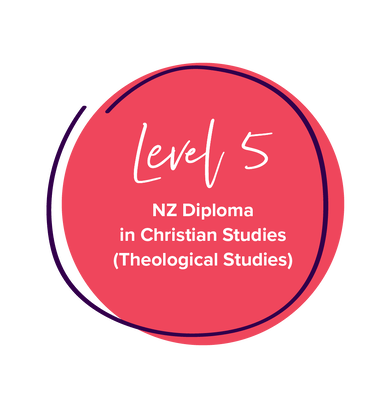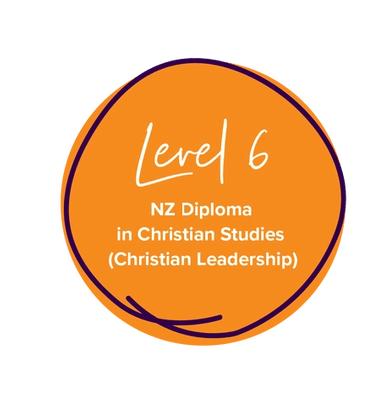NZ Diploma in Christian Studies (Theological Studies) Level 5
Pathways Study Programme
We offer a thorough Introduction to Biblical and Theology Studies
Pathways Bible College offers NZQA-recognised courses in Theological Studies (Level 5) and Christian Leadership (Level 6).
We also run Worship Ministry Training to help you grow your biblical understanding of worship, deepen your personal heart for worship and capably lead spirit-filled and Christ-centered worship. Click below to learn more.




